When Apple announced its massive Research Triangle Park campus in 2021, it seemed like a tech industry fairy tale. The Cupertino giant promised a billion-dollar investment, thousands of high-paying jobs, and a transformative presence in North Carolina's tech corridor. Fast-forward to today, and the story has taken an unexpected turn that reveals the complex dance between corporate strategy and state economic development.
North Carolina's Economic Investment Committee recently made a rare decision that highlights just how much states are willing to accommodate major tech companies. The committee approved Apple's request for a four-year extension on its campus development timeline, pushing back obligations that were originally set to ramp up significantly by 2025. This extension came after Apple formally paused its RTP campus plans in June 2024, requesting negotiations to rework its state agreement.
The numbers behind this deal are staggering. Apple originally committed to investing $1 billion in North Carolina over ten years, with $552 million earmarked for the new corporate campus that would house 3,000 workers. In exchange, the state offered up to $845 million in tax benefits through a special "transformative" grant - one of the most generous incentive packages North Carolina has ever assembled.
What makes this extension so unprecedented?
This isn't your typical corporate timeline adjustment. Apple's extension request required some legislative creativity that shows just how far states will go to keep major tech companies engaged. North Carolina included language in a disaster relief bill that allows transformative grants to be reset under specific circumstances - essentially creating a custom pathway for Apple's unique situation.
The requirements for this reset are telling: companies must already have at least 1,000 employees in the state and haven't received any initial incentive payments. While the bill didn't explicitly mention Apple, lawmakers appear to have crafted it with the company's situation in mind. This kind of targeted legislative accommodation is virtually unheard of in economic development circles.
The transformative grant program itself represents North Carolina's biggest economic development weapon. Companies must commit to creating at least 3,000 jobs and investing a minimum of $1 billion to qualify, making Apple one of the rare companies to ever receive such an incentive. The program can extend up to 40 years and offers enhanced percentages up to 100% of employee withholdings when companies meet their commitments - making it significantly more generous than standard economic development incentives.
The reality behind the pause
Despite the ambitious announcements, the physical reality has been quite different. Apple has not begun building its RTP campus, even though the original timeline suggested construction would be well underway by now. Instead, the company has been operating from leased space, including facilities at the MetLife campus in Cary and a four-story building near RDU airport.
However, Apple hasn't been completely idle in the region. The company has added around 600 positions in the Raleigh area since 2021, demonstrating genuine commitment to its North Carolina expansion. These roles are focused on machine learning, artificial intelligence, software engineering and related fields - exactly the kind of high-value work that states compete fiercely to attract.
The original hiring timeline was aggressive by any measure. Apple was supposed to create 378 Triangle-area jobs by the end of 2024 and scale to at least 2,700 positions by 2031. Under the new timeline, 2027 will count as the first year Apple must reach its hiring commitments, giving the company significantly more breathing room to scale operations strategically.
What's particularly noteworthy is that Apple has successfully recruited 600 professionals to work in temporary facilities across the Triangle. This suggests that the region's talent pool and tech ecosystem appeal extends beyond any single corporate campus - a promising sign for Apple's long-term commitment regardless of construction timelines.
Why this matters for the broader tech landscape
This extension reflects larger shifts in how tech companies approach major facility investments in the post-pandemic era. Changing workplace dynamics, hybrid work models, and economic uncertainty have fundamentally altered how corporations think about physical footprint and real estate strategy. Apple's pause mirrors similar hesitations we've seen from other major tech companies as they reassess what they actually need from corporate campuses.
The Research Triangle continues attracting major technology investments despite Apple's delay, with Apple, Google, and Amazon establishing significant operations in the area. Population projections indicate the Triangle will have over 1 million residents by 2026, fueled by migration from high-cost states like California, New York, and Massachusetts. This demographic shift creates a compelling business case for Apple's eventual campus development, even with the extended timeline.
North Carolina's willingness to accommodate Apple's timeline changes reveals the intense competitive pressure states face in economic development. The fact that the maximum annual liability limit doesn't apply to transformative projects means Apple's eventual incentive payments could be substantial once the company meets its targets. The state essentially bet big on Apple's long-term commitment, and this extension represents doubling down on that investment.
There's also a broader economic development angle that extends beyond direct job creation. The Utility Account receives 10% of grant payments for projects in Tier 2 counties, with funds supporting infrastructure projects in the state's more distressed counties. This means Apple's success eventually benefits rural communities across North Carolina through improved water, sewer, telecommunications, and transportation infrastructure - creating a statewide incentive to make the deal work.
What comes next for Apple and North Carolina?
The extended timeline gives both parties more flexibility while raising important questions about corporate commitment and state economic development strategy in an era of remote work. Apple has maintained that it remains committed to developing the campus "in the coming years", while continuing to expand its workforce in temporary facilities - a strategy that appears to be working well for talent acquisition.
This extension also sets a precedent for how states might handle similar requests from major corporations facing changing business conditions. The legislative accommodation North Carolina provided could become a template for other states dealing with delayed corporate commitments, potentially reshaping how economic development incentives are structured and modified in real-time.
What's particularly interesting is the level of institutional trust this arrangement demonstrates. North Carolina essentially rewrote its rules to accommodate Apple's request, banking on the company's long-term commitment despite the campus delay. This reflects both the intense competition for major tech investments and the recognition that traditional corporate real estate strategies have evolved significantly since 2021.
The broader tech industry context matters here too. As companies like Apple reassess their office space needs in a hybrid work environment, the traditional approach to campus development is evolving. Apple's extension might reflect a more strategic, data-driven approach to physical expansion rather than any wavering commitment to the North Carolina market. The company's continued hiring success in temporary facilities suggests they're building the foundation for eventual campus occupancy while adapting to new workplace realities.
Bottom line: Apple's timeline extension represents more than just a corporate strategy shift - it's a window into the evolving relationship between tech giants and the states competing for their investment. While the delay might disappoint those hoping for immediate economic impact, the accommodation shows North Carolina's sophisticated understanding of modern economic development realities. The real test will be whether this flexibility ultimately delivers the transformative economic impact both parties originally envisioned, while setting new standards for how states adapt to changing corporate needs in an increasingly dynamic business environment.




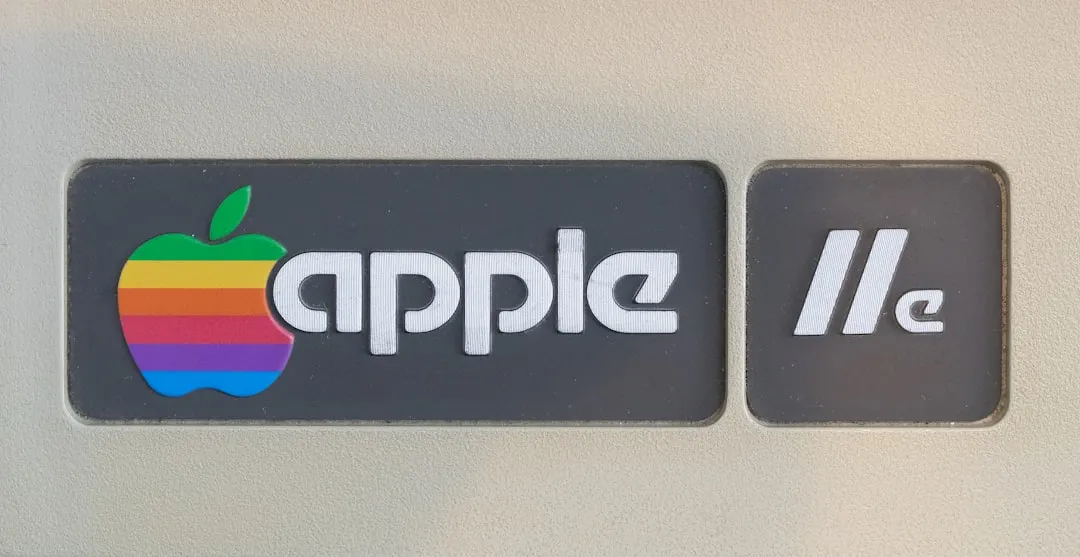
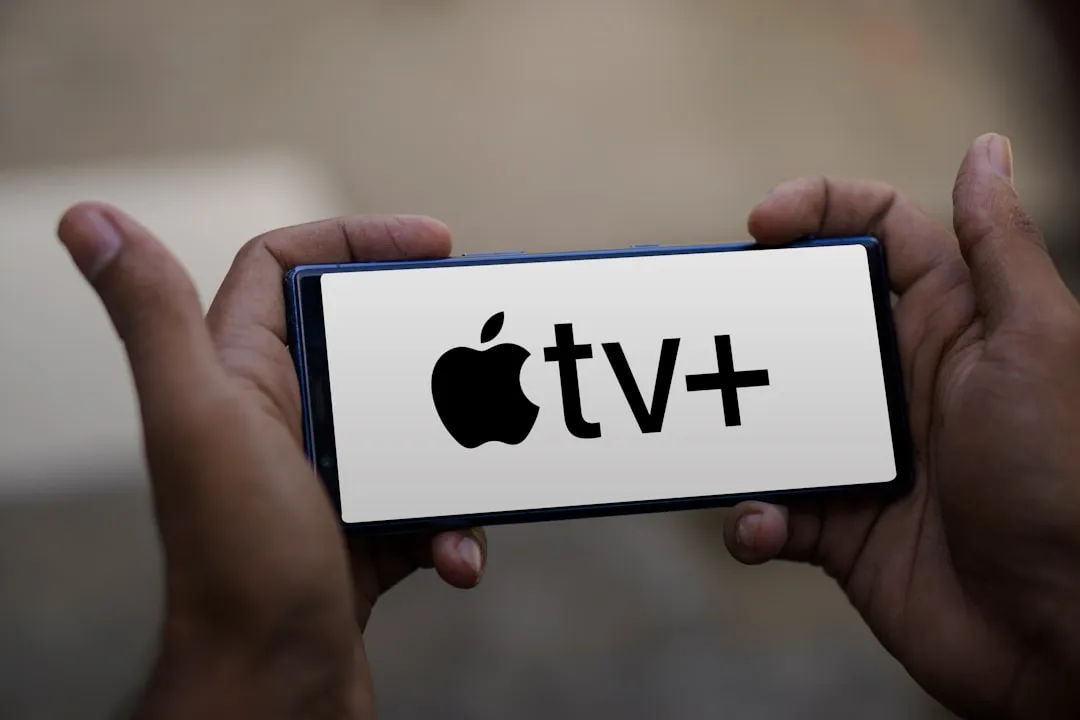
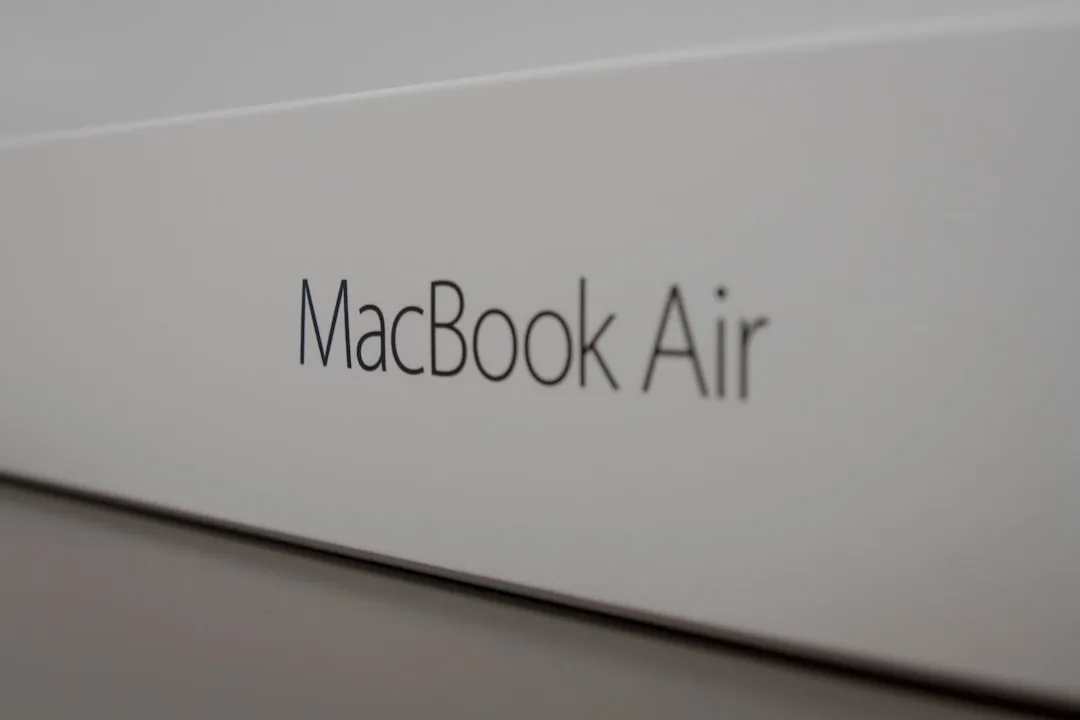

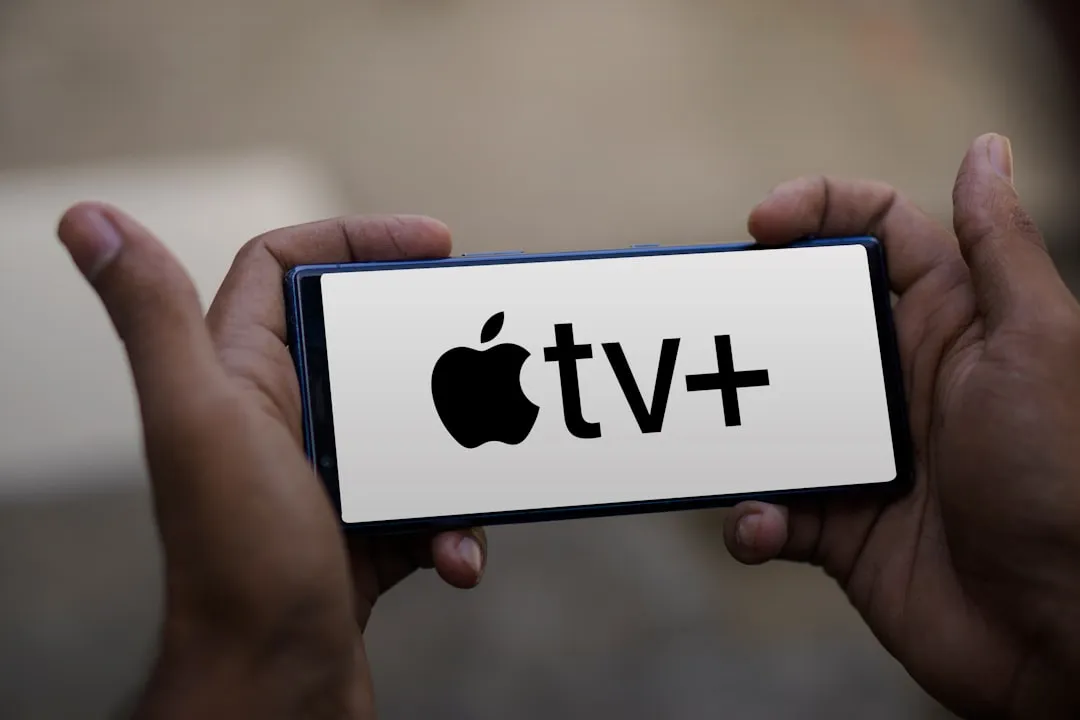

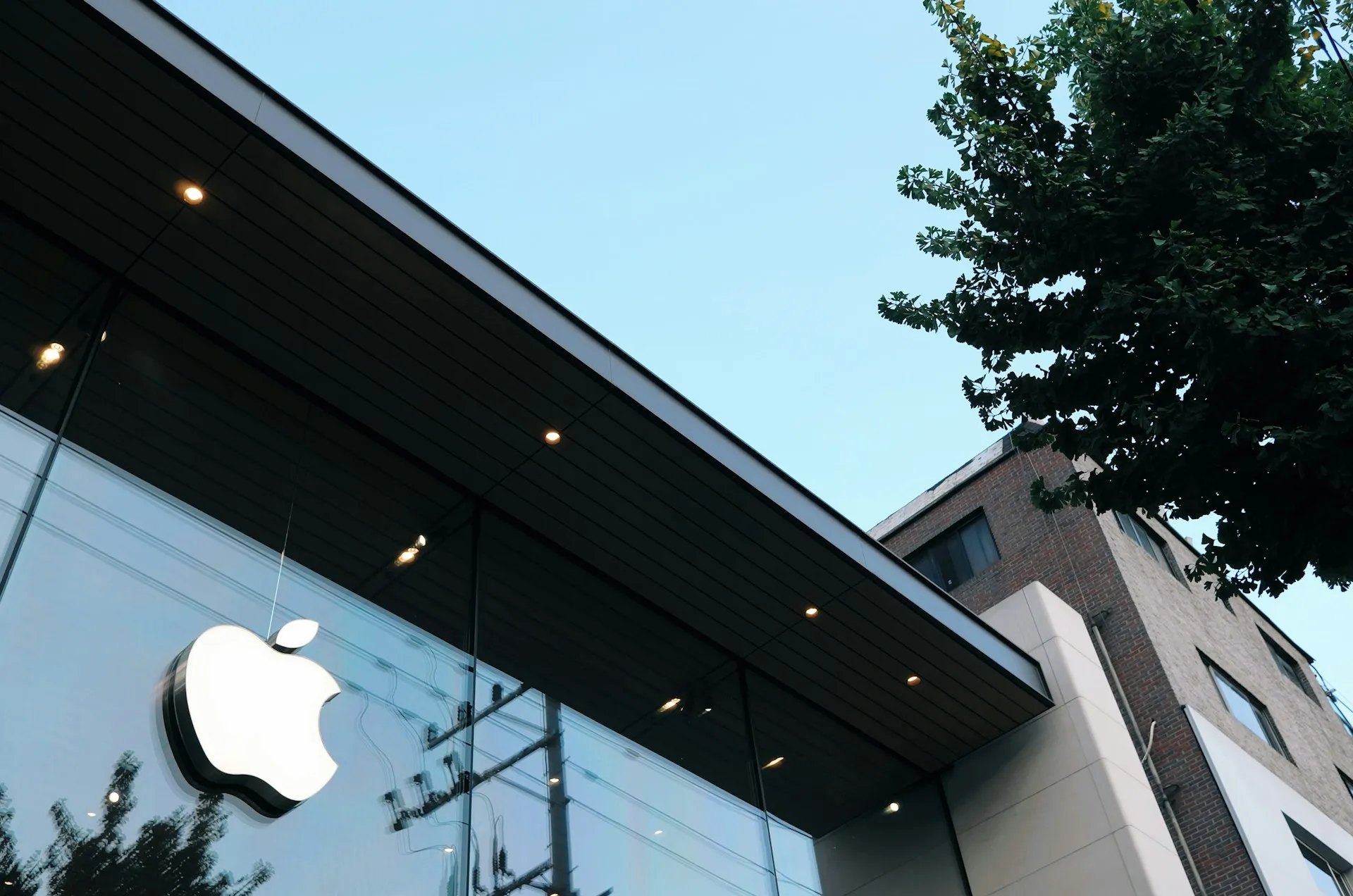



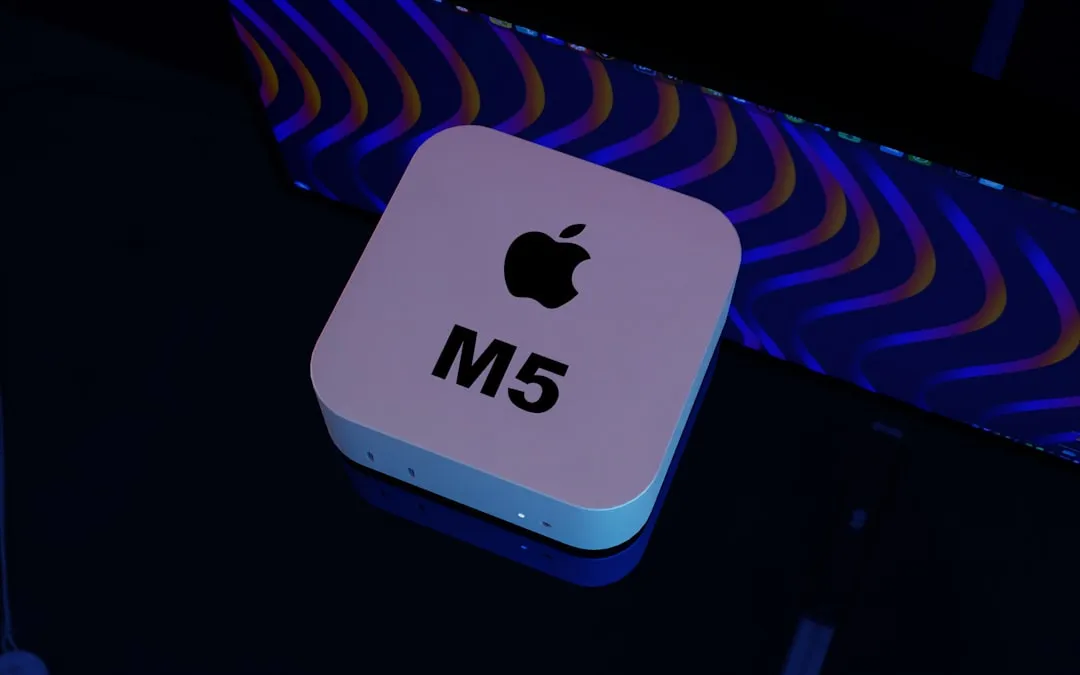




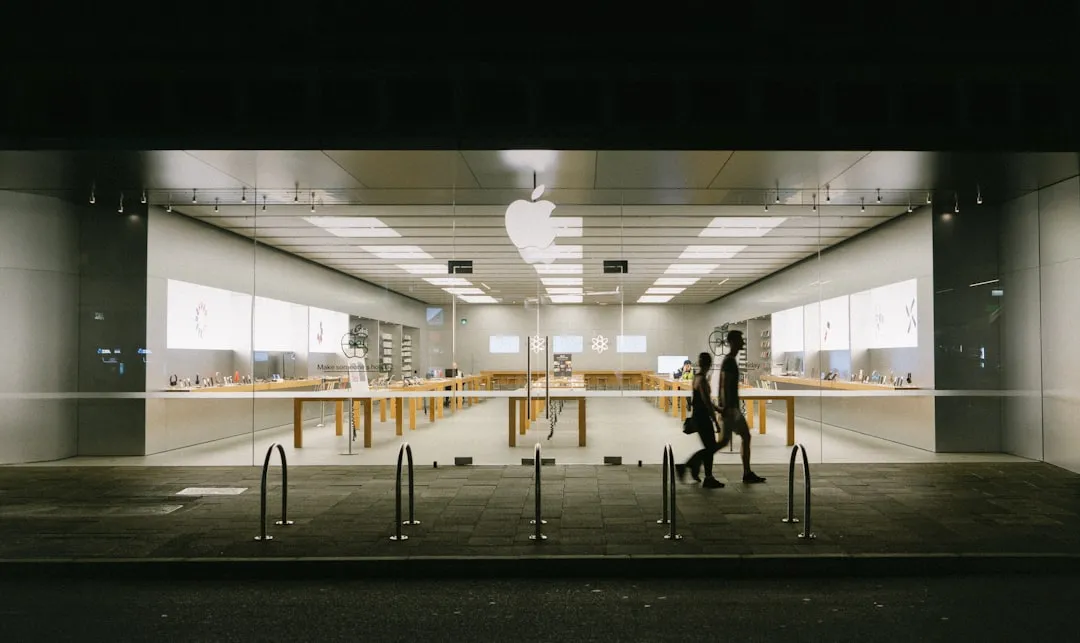



Comments
Be the first, drop a comment!